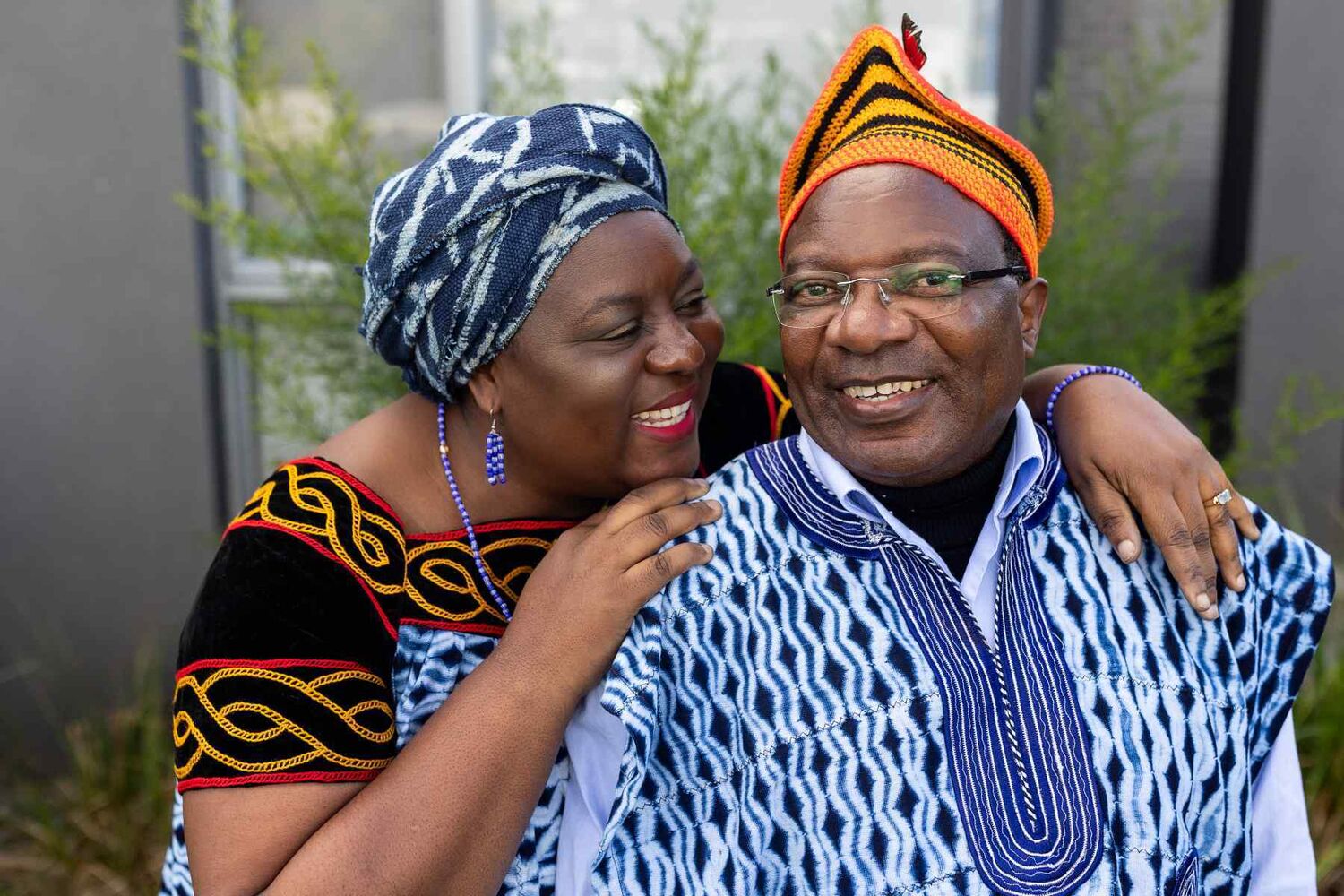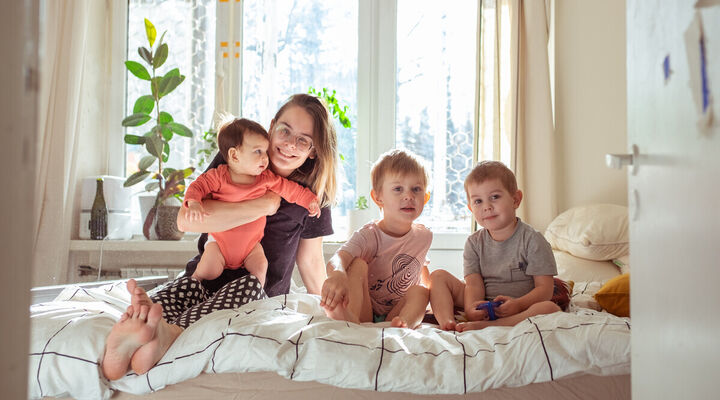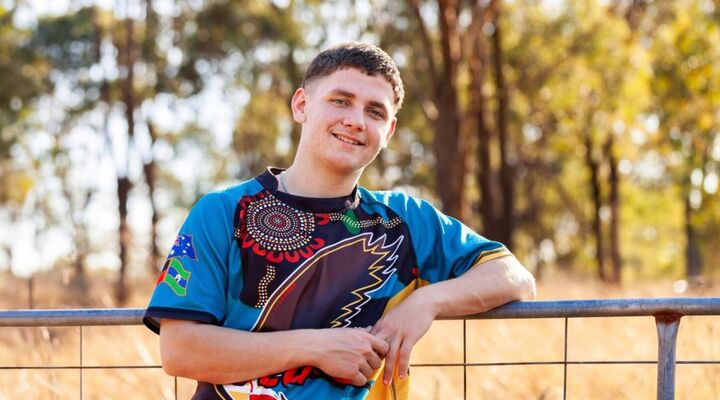For years, MacKillop Family Services’ foster carers Joseph and Eveline Fombasson have helped children thrive in the loving environment of their home.
They have welcomed young people of all backgrounds, demonstrating in their daily lives a prized Australian value: acceptance.
It’s a value celebrated during Harmony Week, observed this year from 18-24 March. In this Week that spotlights multiculturalism and acceptance for all, MacKillop Family Services thanks open-hearted foster carers like the Fombassons who make room for any child needing care.
The couple began their foster care journey with six young people from the local Aboriginal community. They provided a stable home life for the children while in their care. “The impact we would like to have as foster carers is to prepare children to link back to their natural parents,” Joseph explains.
More recently the Fombassons have cared for two boys with a history of multiple placement breakdowns, trauma and complex needs. Initially, the first child would not look at or engage with anyone. This did not deter the couple, nor stop them from establishing the routine of going to school. They attended countless meetings with multiple schools to explain the child’s past trauma and need for trust.
Their determination paid off.
The confused and angry boy soon started to respond positively, show affection and laugh. Through his foster carers’ commitment, and that of the school, the once withdrawn child was made Student Voice for his year.
The second child in their care has had a similar outcome, learning to regulate his emotions, and is also doing well academically. Both are much-loved and recently played a key part in the Fombassons’ daughter’s wedding.
Acceptance, love, commitment and routine, and keeping in touch with the MacKillop Care Team, all helped ensure the success of these now long-term placements.
This Harmony Week, MacKillop Family Services encourages Australians from all backgrounds to consider the different foster care options available. Often carers start with emergency or respite care—approximately one weekend a month—and work their way to becoming short or long-term carers. This allows them to explore what’s involved in caring fora child, to be realistic about the challenges as well as to experience the attendant joy.
“To give a child a meaningful life… you will not be thinking of the duration, how tough it is,” encourages Eveline, ending with a resounding, “Go for it!”
If you think this is a role that you and your family would like to explore, call us on 1300 791 677.





